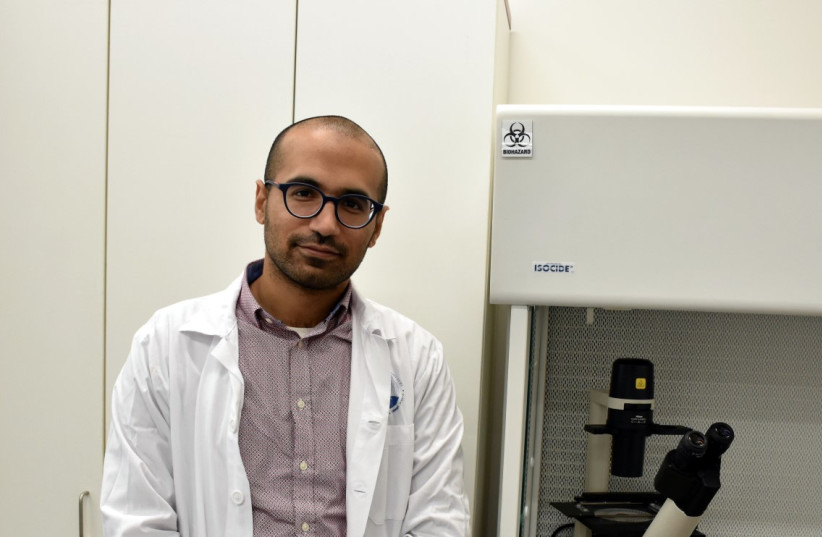Claims that popular acne drug Isotretinoin causes depression, suicide and other psychiatric problems are unfounded, according to a new Israeli-German study. In fact, those risks are even lower among users of the drug, the study showed.
The retrospective study of more than 150,000 users worldwide was recently published in the peer-reviewed American Journal of Dermatology under the title “Isotretinoin and the risk of psychiatric disturbances – A global study shedding new light on a debatable story.”
What is this drug?
Known commercially as Roaccutane, the drug is prescribed to many teenagers and others who suffer from problematic acne.
Dr. Khalaf Kridin, a dermatologist at Baruch Padeh Medical Center in Poriya (near Tiberias), who is also on the faculty of the Bar-Ilan University Medical School, and Dr. Ralf Ludwig of the University of Lubeck’s dermatology department in Germany analyzed the cases of 75,000 patients who took Roaccutane and an equal number who took oral antibiotics. Patients were compared regarding the risk of nine psychiatric outcomes.

Isotretinoin-related risk of depression and suicidal behavior is a topic that had not been conclusively evaluated, they wrote. “A crucial knowledge gap exists in defining the association of isotretinoin with other psychiatric comorbidities,” the study said. The team showed that there is “no basis for fear that a drug for the treatment of acne is related to psychiatric morbidity.”
They compared the incidence rate of nine different psychiatric problems between the two groups. After a statistical analysis of the findings, it was found that patients with Roaccutane actually have a lower risk of developing a long list of psychiatric diseases.
Concerns raised and put to rest
In light of anecdotal case stories of suicidality and depression that have been associated in one way or another with taking Roaccutane, concerns have been raised in the past about psychiatric effects related to the use of the drug. Studies dealing with the psychiatric safety of the drug were inconclusive and had methodological flaws that damaged their reliability.
Kridin and Ludwig’s findings are thus of great importance for doctors who treat acne, as well as for those who treat psychiatric conditions.
It is very difficult to explain what leads to a reduction in the risk of psychiatric morbidity in those who take this drug.
“One of the hypothetical explanations is that Roaccutane improves the acne condition and improves self-image,” Kridin suggested. “However, this explanation is very hypothetical, and it is difficult to conclude this from the findings of the current study.”
The research findings call for an unusual collaboration between dermatologists and psychiatrists.
“In fact, dermatologists and psychiatrists alike have been concerned about the psychiatric effects of Roaccutane,” they concluded. “The findings of this work indicate a high psychiatric safety profile.”
